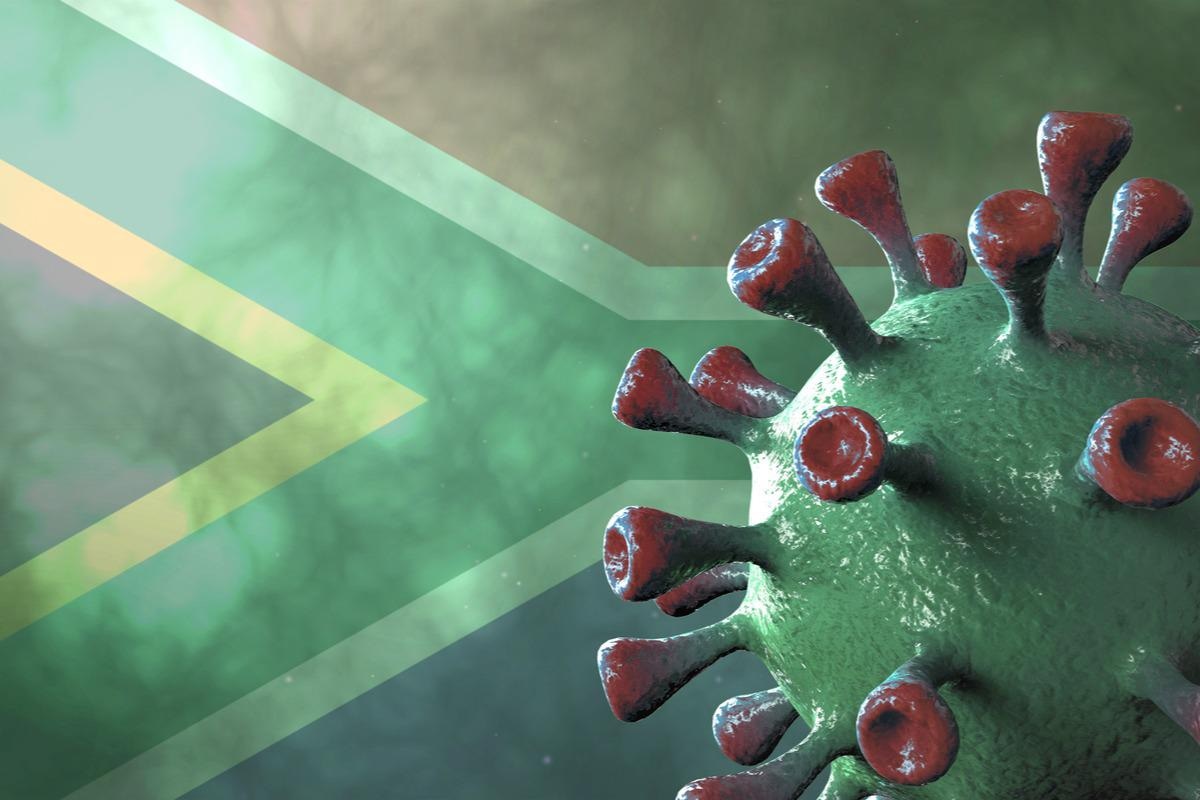A new severe acute respiratory syndrome coronavirus 2 (SARS-CoV-2) variant of concern (VOC), Omicron (B.1.1.529), was identified in South Africa on November 24, 2021, that was responsible for the fourth wave of coronavirus disease 2019 (COVID-19). The Omicron variant had the highest number of spike protein mutations than the previous variants of concern (VOCs), making the transmissibility and ability to evade vaccines significantly high.
 Study: Characteristics and Outcomes of Hospitalized Patients in South Africa During the COVID-19 Omicron Wave Compared With Previous Waves. Image Credit: 3dartistav/Shutterstock
Study: Characteristics and Outcomes of Hospitalized Patients in South Africa During the COVID-19 Omicron Wave Compared With Previous Waves. Image Credit: 3dartistav/Shutterstock
South Africa had previously experienced three COVID-19 waves, June to August 2020 caused by the original SARS-CoV-2 variant, November 2020 to January 2021 caused by the Beta variant, and May to September 2021 caused by the Delta variant. However, cases started to increase from November 15, 2021, due to the emergence of the Omicron variant resulting in the fourth wave.
A new research letter published in JAMA Network assessed patients hospitalized with a positive SARS-CoV-2 test during the fourth wave compared to the previous waves.
About the study
The study involved the assessment of a private healthcare group known as Netcare that comprised 49 acute care hospitals across South Africa. The policy of Netcare was to test all patients admitted with COVID-19 with reverse transcriptase-polymerase chain reaction or a rapid antigen test using a nasopharyngeal swab.
All the patients who were hospitalized with COVID-19 were included in the study. The data on characteristics of the patient's need for oxygen supply, mechanical ventilation, length of hospital stay, admission to intensive care, mortality rates were obtained. Follow-up was carried out through December 20, 2021.
Study findings
The results indicated that the percentage of participants admitted to the hospital during the fourth wave was 41.3% compared to 68-69% during the previous three waves. Furthermore, a higher proportion of younger patients and females were hospitalized and a lower proportion of acute respiratory conditions during the fourth wave.
Out of all the patients admitted during the fourth wave, 66.4% were unvaccinated, 24.2% were vaccinated, and the status for vaccination was unknown for 9.4%. A lower proportion of patients required oxygen therapy and mechanical ventilation during the fourth wave compared to the previous waves. The admission to intensive care was 18.5 percent during the fourth wave compared to 29.9% in the third wave.
Moreover, the length of hospital stay decreased to 3 days in the fourth wave compared to 7-8 days during the previous waves. The death rate was between 19.7% and 29.1% during the first and third waves, while it reduced to 2.7% during the fourth wave.
The current study demonstrated a different pattern of characteristics in patients infected with COVID-19 during the early stages of the fourth wave in South Africa compared to the previous waves. However, further research needs to be carried out to determine whether the differences between the waves were due to natural infection and/or pre-existing acquired immunity or whether Omicron was less pathogenic than the previous variants.
Limitations
The study had certain limitations. First, virus genotyping for the patients was not available. Second, seven percent of the patients were still hospitalized during the follow-up period. Third, factors such as national restrictions and lockdown could affect the profile of admission and patients' behavior during the different waves. Finally, patients admitted with COVID-19 could not be differentiated from asymptomatic patients admitted for other diagnoses.